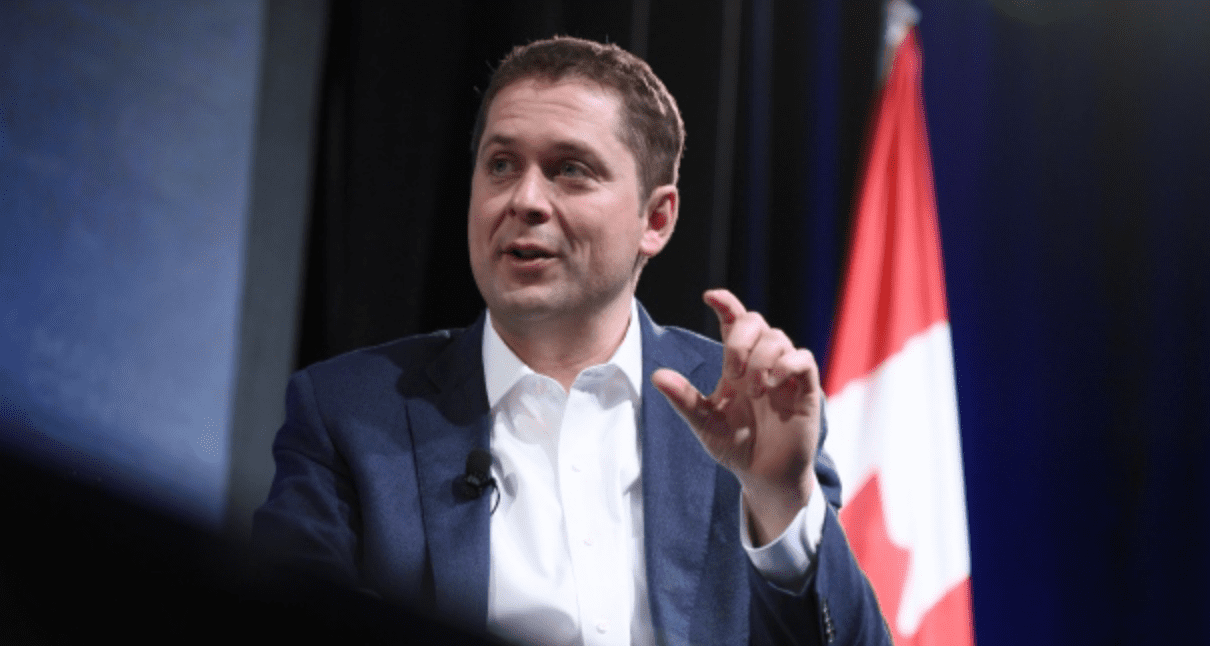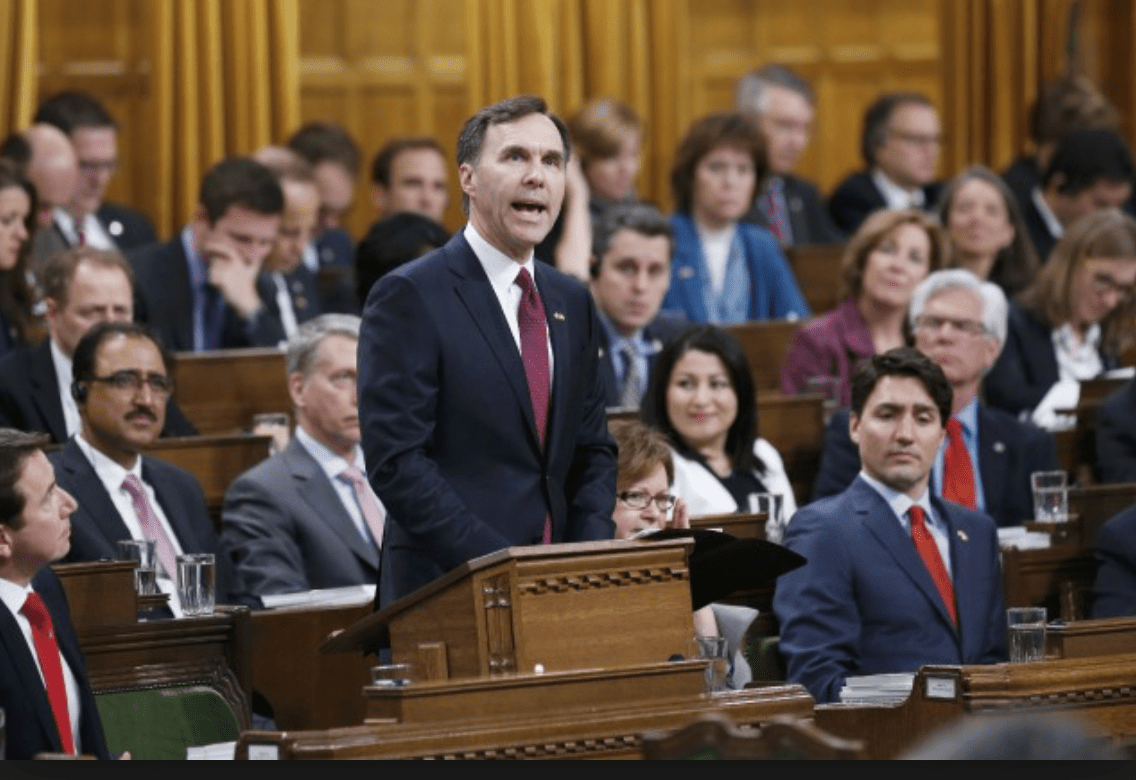For anyone with a hankering to put the progressive back in Alberta's conservative movement, Jason Kenney is making it pretty tough to support the UCP.
This week he touched off a firestorm with his education policy, which turns back the clock on provisions to protect LGBQT students, returns to heavily weighted provincial exams and pauses a sweeping curriculum renewal.
His plan which would allow teachers to out students who join gay-straight alliance clubs (GSAs) to their parents is causing the most ruckus, touching off a plan for a protest rally at the legislature building and a firestorm on social media.
The whole GSA issue has been a turning point issue for LGBQT rights in the province, evolving through various legislative versions for more than five years.
It appeared the NDP government, with its Bill 24, had settled the matter, requiring all schools, including private ones receiving government funding, to set up a GSA club if a student requests one and forbidding teachers from informing parents that a student had joined a GSA.
Kenney wants to leave the decision about informing parents up to teachers. The Alberta Teachers Association does not want that responsibility. Kenney's opponents charge his policy puts LGBQT kids at risk.
For a politician who argues the election is all about the economy and jobs, Kenney has made it all about human rights and social values.
There was already an inkling before the election was called that he planned to undo the curriculum revamp, a massive NDP project that has involved thousands of Albertans in consultations and several million dollars.
The backlash from his early statements on that rollback prompted him to soften up the policy to describe a "pause" on the curriculum change while the UCP does yet more consultations. Of course, Kenney also plans to deep six the dreaded "discovery math," to go back to the fundamentals, a shift which the NDP had already begun but which Kenney is happy to adopt without giving the NDP any credit.
The education policy also calls for provincial exam weighting to return to 50 per cent of final grades, up from the 30 per cent the NDP had reduced it to and to reinstitute Grade 3 province-wide exams.
And the UCP takes a couple of shots at the powerful provincial teachers union by promising to remove school principals from union ranks and require periodic recertification of teachers.
These policies will all sound pretty familiar to Ontario residents who have seen education policy in the same vein from the Ford conservatives.
This all plays to the private (often religion-based) school advocates and those in favour of "parent's rights" a catch-all conservative approach to education.
Kenney has signalled at the policy announcements that he plans to approach religious schools with co-operation rather than confrontation.
The NDP government had started getting tough with private schools not toeing the government line on policies like GSAs.
Alberta already offers considerable funding for private schools compared to most provinces, but the private school lobby wants more autonomy and deregulation (without affecting that public funding.) On the left of centre side, public school advocates would like to see public money entirely out of the private system.
Kenney has decided to go all in for the right wing of his base with this education policy. He may have miscalculated just how much pushback the promises would prompt, particularly on the GSA front.
Some pundits who normally lean to the right have criticized the plan. Stephen Mandel, the leader of the centrist Alberta Party, has called the policy abhorrent.
"And by him making that decision, he threw those kids out the door," said Mandel. "I think it's terrible. I think he should be ashamed."
On a lighter note, commenting on declining education standards under the NDP, Drew Barnes, the UCP finance critic, in amplifying a UCP assertion that 42 per cent has become a passing grade in Grade 9 Math in Alberta, tweeted: "42% has become acceptable as a passing great (sic). Let that sink in. That means it has become acceptable for children to not know 68% of the material they are taught in school."
The more serious math going on in the UCP camp is whether the education policy and its attendant backlash is enough to move the vote needle either way.
Unveiling what Kenney surely knew would be a contentious policy early in the race may allow the dust time to settle before the April 16 vote. In the last two weeks of the campaign, Kenney will no doubt make a Herculean effort to swing the entire message back to more comfortable territory for him: the economy and jobs.
Photo Credit: The Globe & Mail












